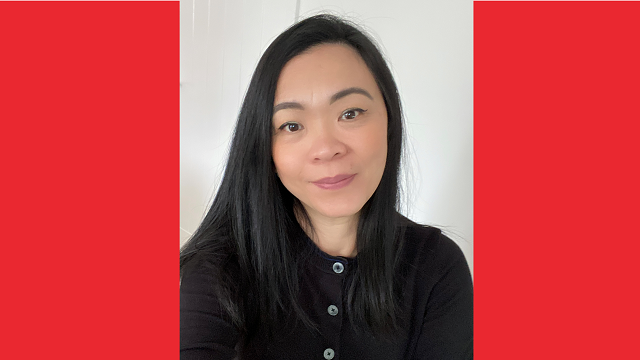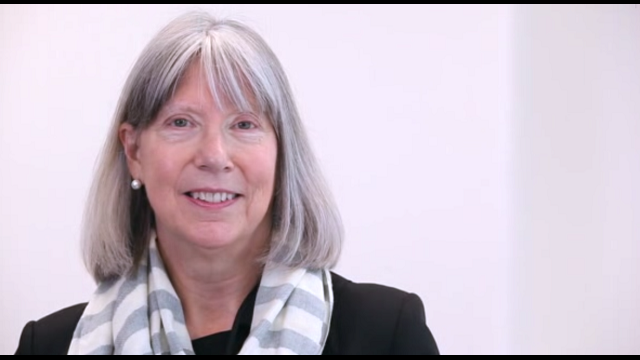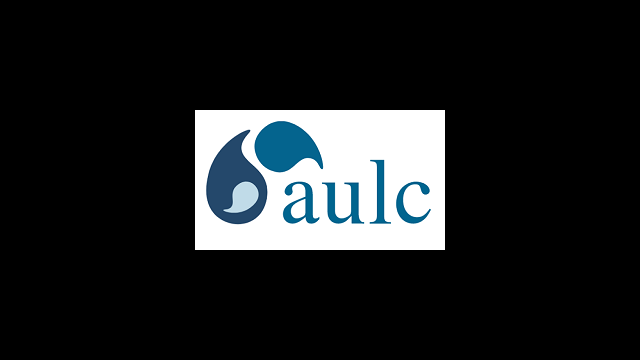-
QUALIFICATIONS
- For Linguists Worldwide
- For UK Public Services
- Preparation
- Policies & Regulation
-
MEMBERSHIP
- Join CIOL
- Membership grades
- NEW for Language Lovers
- Chartered Linguist
- Already a member?
- Professional conduct
- Business & Corporate Partners
-
ASSESSMENTS
- For Second Language Speakers
- English as a Second Language
-
EVENTS & TRAINING
- CPD, Webinars & Training
- CIOL Conference Season 2025
- Events & Networks
- CIOL Mentoring
-
NEWS & VOICES
- News & Voices
- CIOL eNews
- CIOL Awards
- The Linguist
- Jobs & Ads
-
RESOURCES
- For Translators & Interpreters
- For Universities & Students
- Standards & Norms
- CIOL & AI
- All Party Parliamentary Group
- In the UK
- UK Public Services
- Find-a-Linguist
NEWS & VOICES

R B Lemberg considers their translations of Ukrainian war poets, which reflect their own emotional response to the original poems.
On 24 February 2022, the Russian Federation mounted a brutal, full-scale military invasion against Ukraine. Like many members of the Ukrainian diaspora, I was glued to my smartphone, following the fierce Ukrainian resistance with awe and gratitude,...

Amazingly that is a question we get asked a lot. Our answer is of course – yes! We are often surprised that a mentor would even question their value just because they are retired. The sad fact is that retirement means that for many organisations and professions a wealth of knowledge and experience walks out of the door along with the retiree.
This of course needn’t be the case;...

Deciding to take Diploma in Public Service Interpreting (DPSI) exams was one of the most important decisions I have ever made in my life.
Back in 2014, I held a Level-3 Community Interpreting Qualification and I thought it was alright. I enjoyed working for hospitals, schools, and social services although it never really was a full-time job. I, like many newbies in the...

Sue Leschen and Rosalind Howarth outline their distinct perspectives of a murder case across two venues, as interpreters for court and counsel
During a recent assignment on a murder case, Sue Leschen was booked ‘off contract’ (directly by the court and not by the Ministry of Justice’s outsourcing agency) as the ‘court interpreter’ and Rosalind Howarth was booked by the defendant’s...

Our divisions, societies and networks are run by members, for members, and offer a unique opportunity for language practitioners to come together to network, share ideas, offer support and guidance. Three of our groups; the Interpreting Division, the Business, Professions and Government Division and the Scottish Society are looking for volunteers to join their steering groups. You can be part...

The CIOL team have been working hard to create a new level 6 translation qualification to meet demand: staff members from different departments explain what the CertTrans means to them
Rob Beswick, Head of Membership
From a membership perspective, I am really pleased to see the development of the CertTrans (Certificate in Translation). For established translators it can be a...

One of the great tools that you can access is our mentoring program.
What is mentoring?
The primary role of a mentor is to use the experience and knowledge they have gained in their career to help guide a mentee towards their future career ambitions.
A good mentor should be unconnected with a mentee’s day-to-day work, in order to provide objectivity and a bring a focus on...

I’m delighted to have the opportunity to meet with a group of such distinguished linguists and managers of highly specialised language services. I am a languages graduate myself and call myself a linguist, but I am acutely aware that my skills are very amateur indeed compared to yours, despite some decades ago actually having worked and volunteered as an interpreter now and again....

By Mike Routledge
Preparing for the DipTrans exam requires reflection and practice. Reflection means considering what the exam is testing: the production of a target text that is:
The Chartered Institute of Linguists (CIOL), Incorporated by Royal Charter, Registered in England and Wales Number RC 000808 and the IoL Educational Trust (IoLET), trading as CIOL Qualifications, Company limited by Guarantee, Registered in England and Wales Number 04297497 and Registered Charity Number 1090263. CIOL is a not-for-profit organisation.

